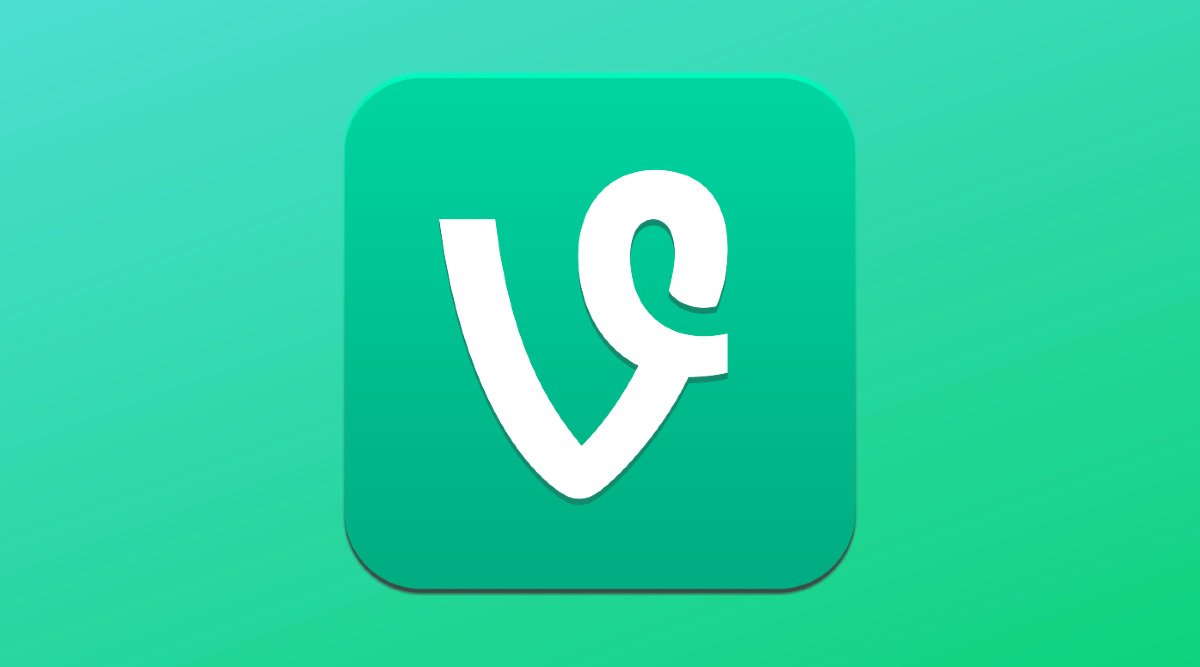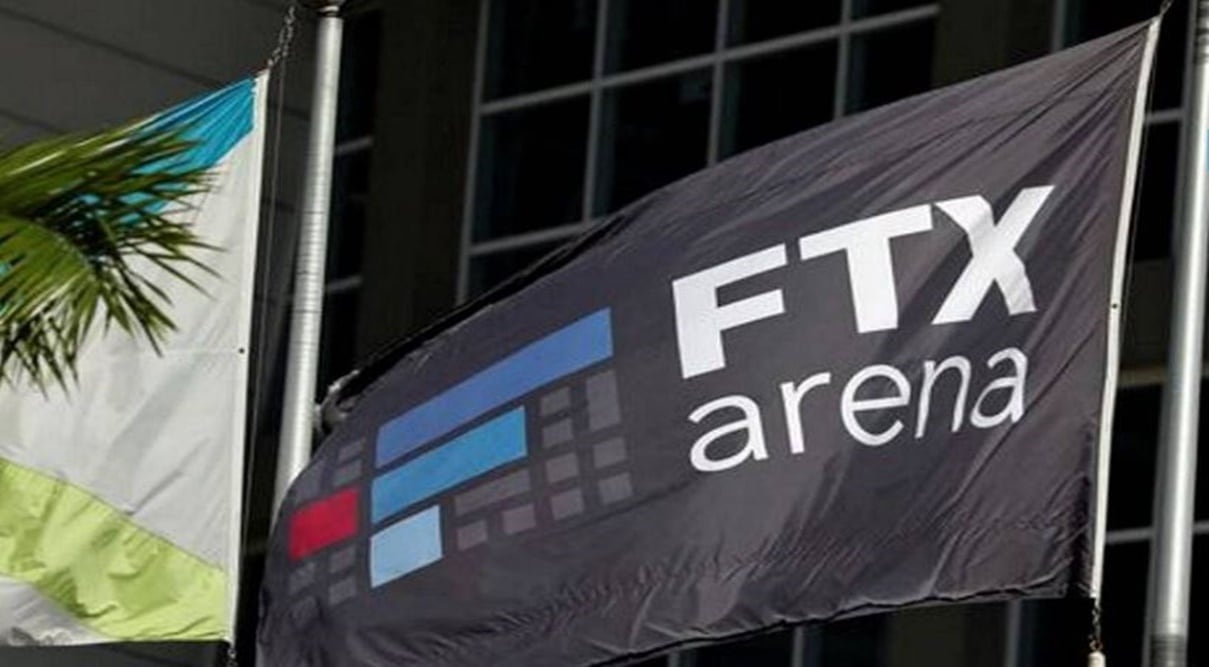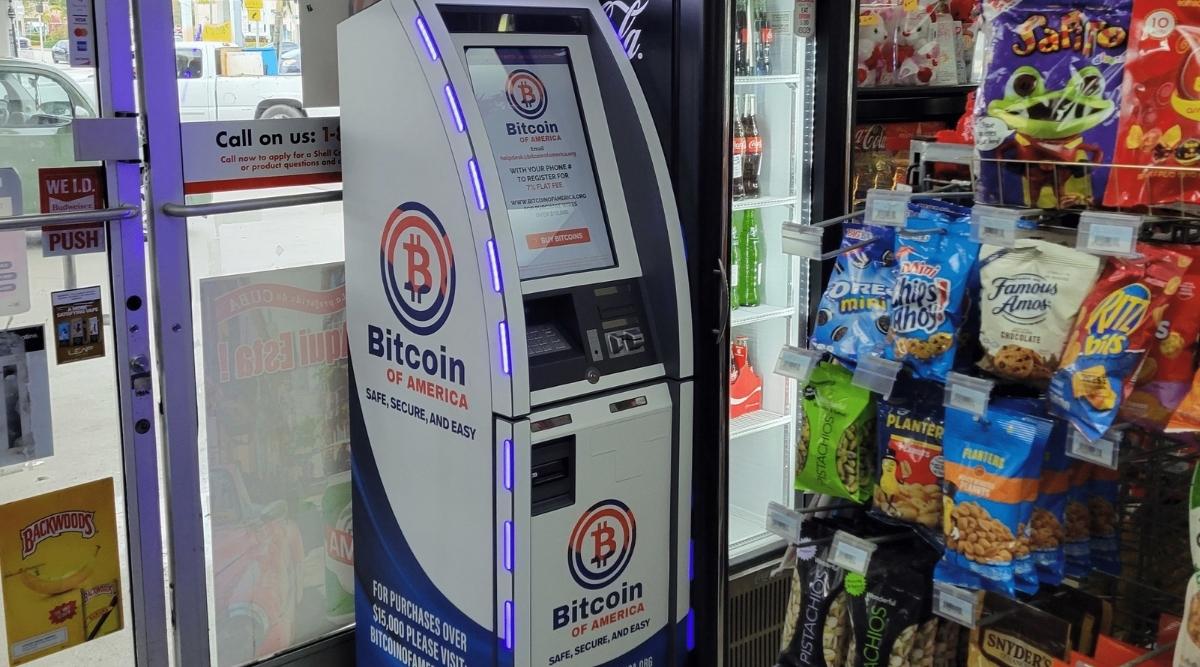Elon Musk’s Vine revival: Soon after his acquisition of Twitter, Elon Musk has taken some major decisions at Twitter, including firing key staff members and reportedly changing how major Twitter aspects like platform verification will work. Musk has also reportedly asked Twitter’s engineers to look back at old Vine code to assess the possibility of bringing back the social media app. For the uninitiated, Vine was a popular short video platform in 2013 that allowed users to make six-second long video clips, which would then play in a loop. One of the first platforms to get into short-format videos, Vine is considered to be the inspiration for many apps that came later on, including TikTok and Instagram’s Reels.
A quick recap of Vine and its downfall
Vine was created back in 2012 by Dom Hoffman, Rus Yusupov and Colin Kroll. The platform was acquired by Twitter months later in 2012 and released to the public in early 2013. Less than three years later, Vine had a user base of 200 million active users, competing with services like Instagram and Pheed in an ever-evolving social media sphere. But Vine’s success was soon threatened by a force much bigger: Facebook.
Facebook ended up restricting access to its Friends API for Vine and help kill off the product. Users of Vine could no longer connect the service to their Facebook accounts to find other friends on the platform. It then launched its own short video format on Instagram. In court documents, it was revealed that Zuckerberg himself approved of this decision. After the restrictions, Vine began to lose out and apps like Instagram and TikTok (initially Musical.ly) started their rise.
On October 10, 2016, it was officially announced that Vine users will no longer be able to upload new content on the platform, with users only being able to rewatch/download existing videos. Two months later, the Vine website was completely shut down and the app was renamed to ‘Vine Camera’ which wasn’t very successful. Twitter would then go on to release an archive of all Vine videos in 2017, only to take it down in 2019.
Amidst the uncertain future of the platform over the period between 2016 and 2019, more famous creators on the platform moved to other platforms.
Musk’s poll on Vine’s revival, and where Twitter fits in
On October 31, 2022, Elon Musk asked his followers on Twitter if they should bring back Vine. Of the four million plus votes that the poll received, over two-thirds of users (69.6 per cent) voted in favour of the app’s revival. And clearly, Musk is also targeting TikTok with this attempt. He has already asked his followers how they can do better than TikTok.
Bring back Vine?
— Elon Musk (@elonmusk) October 31, 2022
Twitter, on the other hand, recently started showing short-format videos of its own on the platform via a new Suggested Videos section. This new addition to the platform implements the same fullscreen, vertically-scrolling design that many other platforms have now adopted.
What if a Vine reboot does happen?
A report by The Verge suggests that Musk’s team has told engineers at Twitter to dig up old Vine code and work out how the app can be revived. Another Axios report suggests that the Vine reboot could be up by the end of the year, which is less than two months away. However, not everyone is thrilled with this idea. Former Twitter product director Sara Beykpour pointed out in a recent tweet that Vine code may just be too old for 2022, with some of the app’s code being over a decade old at this point. “You don’t want to look there. If you want to revive Vine, you should start over,” Beykpour suggested.
some free advice, from someone who worked at Vine and also led the shutdown of Vine.
This code is 6+ years old. Some of it is 10+. You don’t want to look there. If you want to revive Vine, you should start over.
trust me on this one guys ✌️🌱 https://t.co/knM0mKM3Xf
— sara beykpour (@pandemona) October 31, 2022
Meanwhile, Vine’s former founder Rus Yusupov has chimed in as well. He also pointed out that the service didn’t succeed because they didn’t build the right features in time. He wrote, “We didn’t build the right features in time. Didn’t help creators monetize And didn’t see the lip-sync video trend as a real use case to build on (whereas musically/TikTok embraced it).”
We didn’t build the right features in time
Didn’t help creators monetize
And didn’t see the lip-sync video trend as a real use case to build on (whereas musically/tiktok embraced it)
— Rus (@rus) September 13, 2022
If there is a revival, Vine comes back into a very different video market than the one it left in 2016. The competition is fierce thanks to Instagram’s Reels, YouTube’s Shorts and of course, TikTok in the global market. Competing with rivals will require the development of new and differentiating features.
!function(f,b,e,v,n,t,s)
{if(f.fbq)return;n=f.fbq=function(){n.callMethod?
n.callMethod.apply(n,arguments):n.queue.push(arguments)};
if(!f._fbq)f._fbq=n;n.push=n;n.loaded=!0;n.version=’2.0′;
n.queue=[];t=b.createElement(e);t.async=!0;
t.src=v;s=b.getElementsByTagName(e)[0];
s.parentNode.insertBefore(t,s)}(window, document,’script’,
‘https://connect.facebook.net/en_US/fbevents.js’);
fbq(‘init’, ‘444470064056909’);
fbq(‘track’, ‘PageView’);








